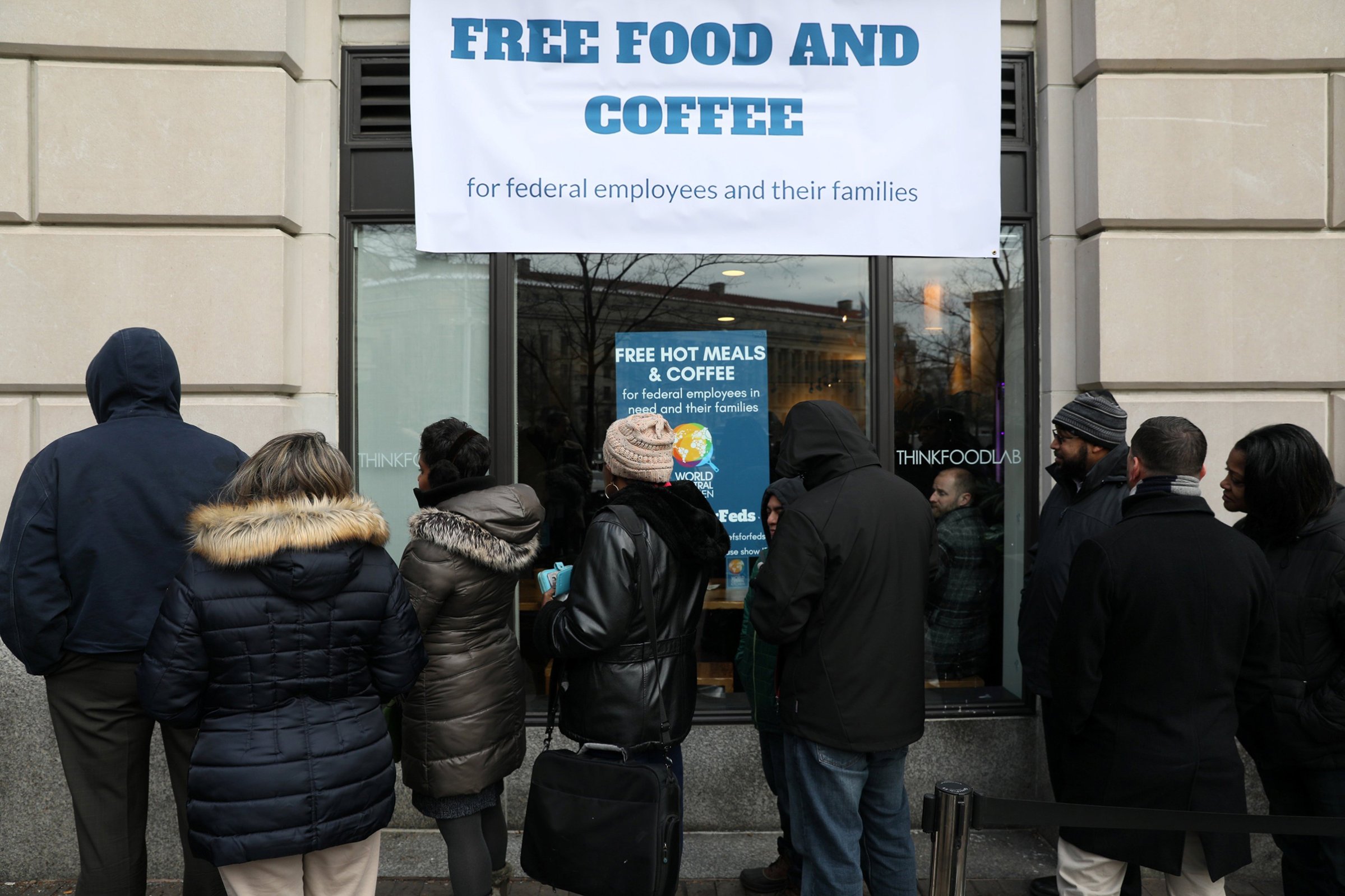
The longest government shutdown in U.S. history has directed America’s attention to the plight of its federal employees. But there is something worse and more fundamental happening. Over decades, this workforce has become overburdened, putting the country at greater risk than most of its citizens realize.
After analyzing two decades of federal personnel data and conducting interviews and focus groups with employees before the shutdown, we concluded that the U.S. government may not be able to respond capably to a greater national crisis — or mount an adequate response if multiple domestic or foreign emergencies occurred at the same time.
These findings, which we detail in a study published by the nonpartisan Senior Executives Association, should be cause for serious concern to all Americans. Regardless of whether you think the federal government should be smaller or larger, we all want it to be effective during emergencies. But it’s not difficult to foresee a situation in which massive wildfires in California are followed by floods with landslides at the same time as a devastating hurricane hits the Gulf Coast. Similarly, it is not difficult to imagine U.S. diplomats facing nuclear crises in North Korea and Iran simultaneously. In 2019, the current federal workforce is ill-equipped to address either scenario.
The deterioration of the federal workforce didn’t happen overnight. In nearly 60 years, the U.S. population increased 81% — far more citizens for civil servants to serve, assist and protect. Yet the federal workforce has not kept pace: from 1.8 million civilian employees in 1960 to 2.1 million in 2017.
As the ratio of staff to citizen has shrunk, budgets and programs have expanded. Consider Congress. Recent workforce studies indicate that each appropriations staffer in the House is now responsible for 52% more federal dollars than he or she was just 16 years ago; the workload of Senate appropriations staffers has increased 30% during the same period. The failure to adequately staff the federal government is creating exactly the kind of waste that politicians hoped to avoid. Since Congress is now unable to properly oversee the more than $4 trillion it appropriates each fiscal year, its expenditures have become less efficient and effective.
This shift didn’t occur under a single political party’s rule. The promise to restrain what some perceive as overreach by government has long been evident in Republican Administrations, but it’s also consistent with Clinton-era efforts. The problem has worsened in the Trump Administration, with unprecedented rates of staff departures at senior ranks. More than twice as many Cabinet-level employees quit in 2017 as did in 2009, the first year of President Obama’s tenure. This has been compounded by widespread vacancies in senior Executive Branch positions.
Federal employees described to us an environment where they are penalized for action, hampered by outdated processes and not rewarded for innovation. Mistrust of senior career civil servants by incoming political appointees has become endemic. Career employees who have served their country under one Administration are often marginalized by the next.
All of this is happening as public servants face new challenges. Cyberattacks can disable or abuse substantial parts of the government — from voting machines during elections to the electrical grid to even National Security Agency tools that are discovered and used for widespread hacking, as we saw with the WannaCry ransomware attack in 2017. This may be coupled with targeted misinformation campaigns, possibly by foreign governments, that discredit these and similar public processes and seed conflict.
Reopening the government in full will not solve these problems. In fact, our federal workforce faces weeks of backlog, often to be handled with significantly fewer staff members compared with 20 years ago, amid agencies stymied by byzantine hiring processes, low morale and high rates of departure.
It is past time for the adults in Congress — in both parties — to address these federal workforce issues for the sake of our Republic. An effective, stable government is essential to maintain the economy, safeguard public resources and keep citizens safe. We hope that Americans in the 21st century don’t have to learn that lesson the hard way.
More Must-Reads from TIME
- Cybersecurity Experts Are Sounding the Alarm on DOGE
- Meet the 2025 Women of the Year
- The Harsh Truth About Disability Inclusion
- Why Do More Young Adults Have Cancer?
- Colman Domingo Leads With Radical Love
- How to Get Better at Doing Things Alone
- Michelle Zauner Stares Down the Darkness
Contact us at letters@time.com